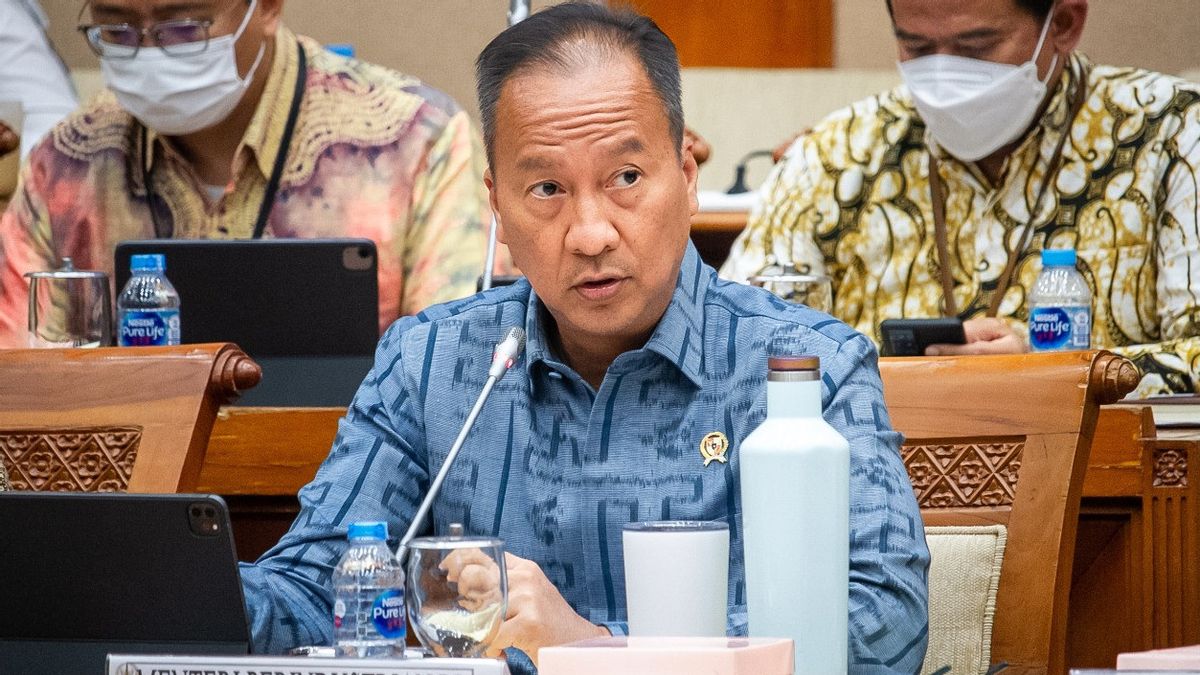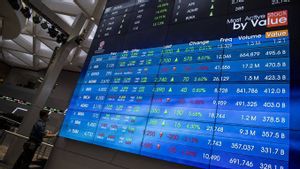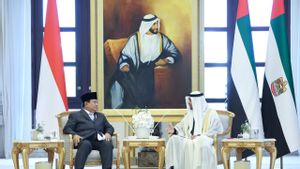JAKARTA - Minister of Industry (Menperin) Agus Gumiwang Kartasasmita said that the sharia economy and halal industry have been seen as sources of new economic growth engines. Not only at the domestic level, but also at the global level.
Minister of Industry Agus said this was inseparable from the huge potential of the halal market.
Based on data from the Pew Research Center's Forum on Religion and Public Life, the world's Muslim population reached 1.9 billion people in 2020 and is expected to continue to grow until it reaches 2.2 billion people or 26.5 percent of the world's total population in 2030.
"This increase in numbers will be accompanied by increasing demand for halal products and services," said Minister of Industry Agus in a written statement received by VOI, Tuesday, October 24.
Agus said that Indonesia, as the leader of the global sharia economy, continues to show positive developments from year to year.
Referring to The State of the Global Islamic Economy Report 2022, Indonesia ranks second in 2022 in the halal food sector after previously being in fourth place in 2021.
Then, in the modest fashion sector, Indonesia remained in third place during 2021-2022, while in the pharmaceutical sector Indonesia experienced a decline, namely from sixth place in 2021 to ninth place in 2022.
"However, if you look at the overall sharia economic indicators, Indonesia will still be ranked fourth in the world for 2021-2022," said Agus.
He explained, based on the Indonesia Halal Markets Report 2021/2022 submitted by Bank Indonesia (BI) in 2020, Indonesia had exported 46.7 billion US dollars of halal products including food, fashion, pharmaceuticals and cosmetics globally.
また読む:
Meanwhile, imports of halal products in 2020 were worth 14.5 billion US dollars. So, in aggregate, Indonesia can be categorized as a net exporter of halal products.
Meanwhile, exports of Indonesian halal products to member countries of the Organization of Islamic Cooperation (OIC) were recorded at reaching US$48.3 billion in 2021, and are projected to increase to USD53.8 billion in 2022.
"Based on these data, to optimize market opportunities for halal products and achieve the expected growth of halal industrial products, strong collaboration and synergy between all stakeholders is needed to create an ecosystem supporting the growth of a strong national halal industry," he said.
The English, Chinese, Japanese, Arabic, and French versions are automatically generated by the AI. So there may still be inaccuracies in translating, please always see Indonesian as our main language. (system supported by DigitalSiber.id)
















